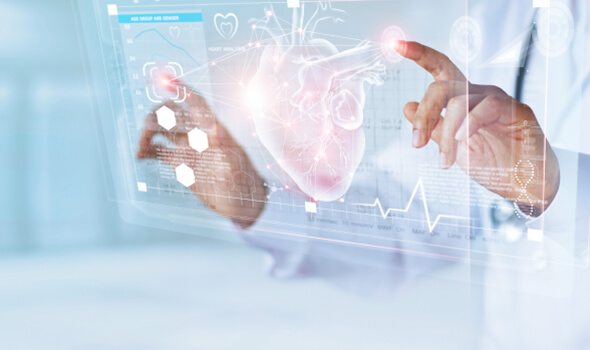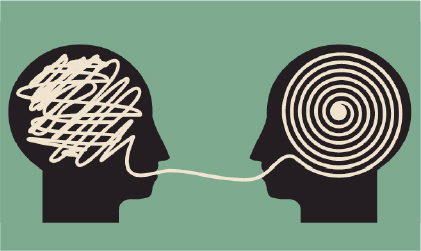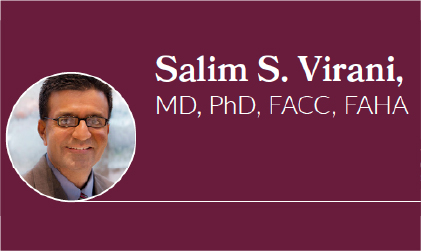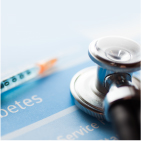The next very logical question is whether caretakers, as well as caregivers, are ready for this big, dynamic change that technology is bringing to healthcare. The answer can be effortlessly reflected from the current statistics, approximately 52% of smartphone users collect health-associated data, and around 93% of doctors indicated that mobile apps can enhance patient health care quality. “The healthcare community is already experiencing this, because patients are bringing in data. On the other hand, patients and consumers are very ready for it. But there is definitely a gap in terms of determining what information is relevant for patient care and for making clinical decisions, and the traditional healthcare systems’ ability to make sense of it right now” – Mr. Wayte mentioned.
We now have several evidence-based technology approaches in cardiometabolic health, but if patients are not adequately using them, it can undermine their clinical value, similar to the impact that medication non-adherence has on overall outcomes. As such, the importance of patient engagement and education cannot be overstated. Mr. Wayte mentioned that the American Heart Association is working to aid patients as well as clinicians to eradicate the barriers for an easier adoption of technology. “We are trying to bring together clinical algorithms, health content, care plans, and digital solutions, including remote patient monitoring with the intent of trying to get alignment with evidence-based care. We believe that this would be beneficial to both clinician and patient engagement with technology, in terms of sticking with the regimens, believability and credibility” – he mentioned.


















